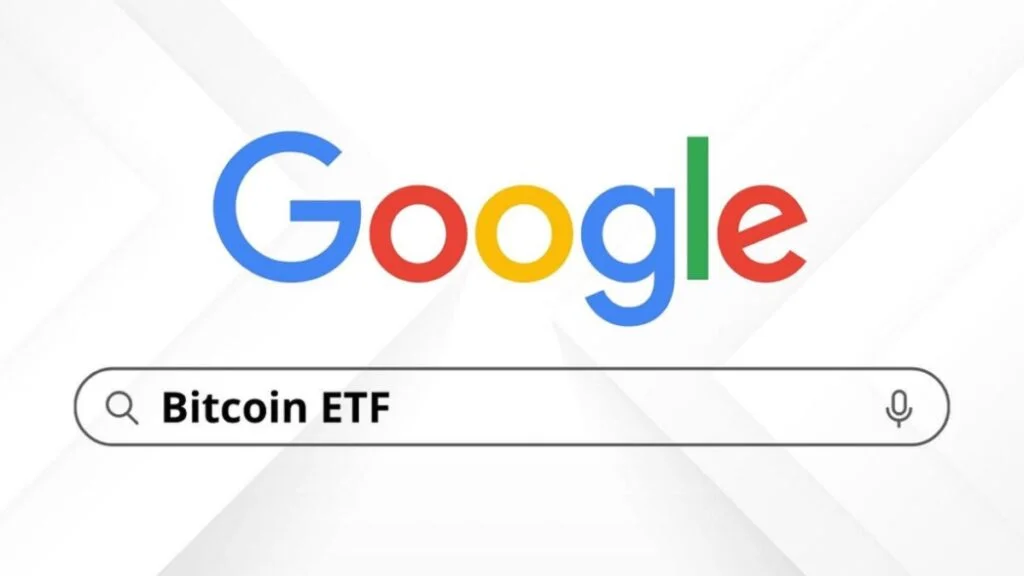Using Google ads, many Bitcoin (BTC) exchange-traded fund issuers are vying for investors’ attention by offering the nation’s first basket of ETFs.

On January 29, Google lifted its five-year ban on promoting cryptocurrencies through search results, responding to the U.S. Securities and Exchange Commission’s (SEC) approval of spot BTC ETFs.
BlackRock and VanEck were the first companies to take advantage of this revised ad policy, but other issuers have entered the race. Although promoting initial coin offers (ICOs) on Google is still forbidden, businesses can now market cryptocurrency-backed funds thanks to a change in the search engine’s ad policy.
The Financial Times reported on spot Bitcoin ETF advertising campaigns that Bitwise, Fidelity, Grayscale, and Invesco had started in the midst of a competition to attract ordinary investors to their cryptocurrency funds.
Google did not disclose how much these companies spend promoting their Bitcoin ETF. However, the ability to advertise on the biggest search engine in the world puts BlackRock, ARK 21Shares, and Franklin Templeton on a higher footing.
Before receiving SEC approval, a few businesses had already begun promoting material on social media networks, such as Elon Musk’s X. Additionally, issuers competed to offer competitive ETF fees to certain corporations, such as up to a 12-month cost waiver.
Spot Bitcoin ETFs have seen billions of dollars in inflows and withdrawals, with Grayscale identified as the main cause of the latter. In the days after clearance, investors flocked out of Grayscale GBTC, with exits totaling more than $4 billion.
As BlackRock and Fidelity entered the top 10 ETFs last month after accumulating a combined $4.8 billion inflows, JPMorgan analysts forecast a slowdown in GBTC outflows. Diversifying their cryptocurrency custodians is another step some issuers take to reduce risk and provide better security for investors.
